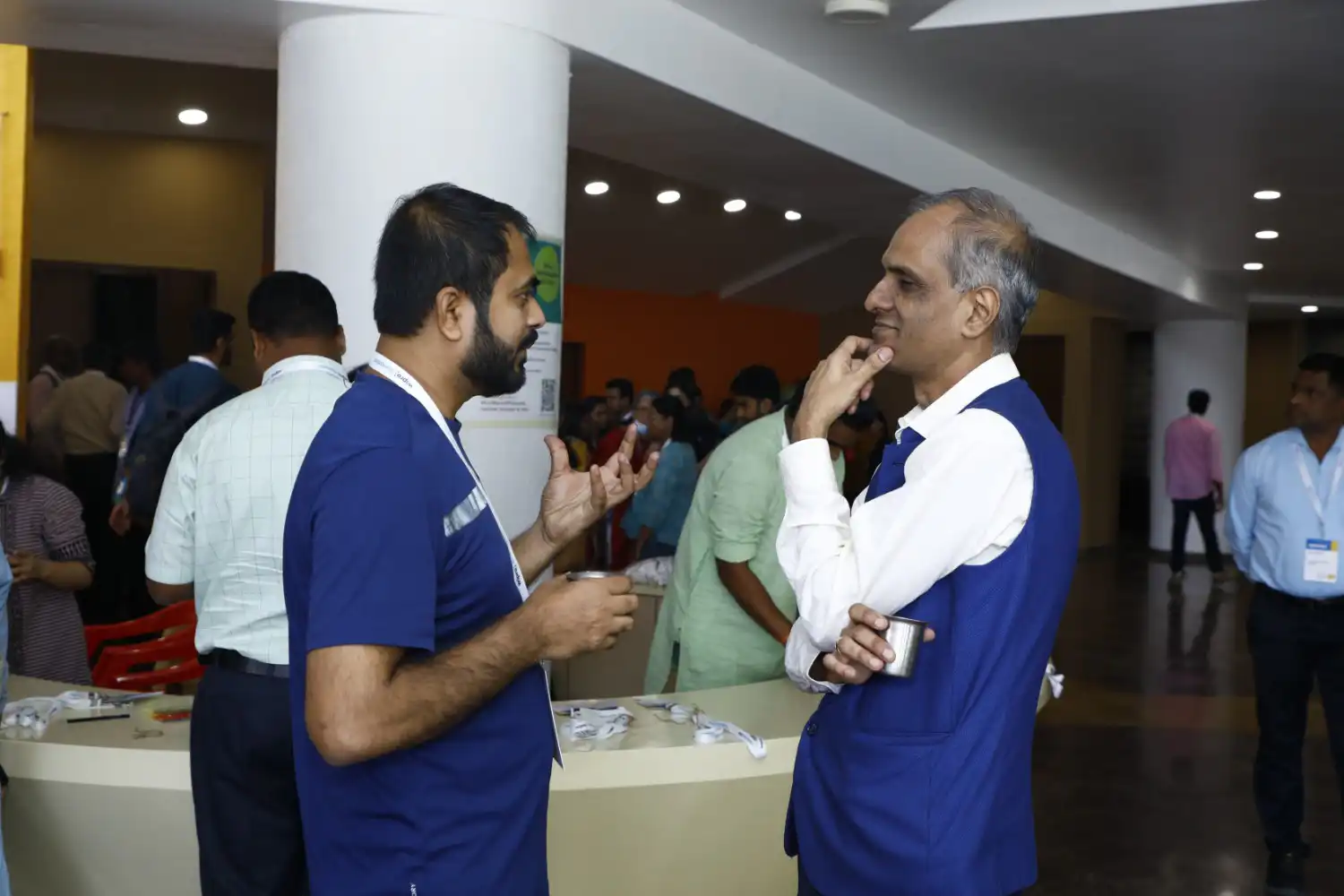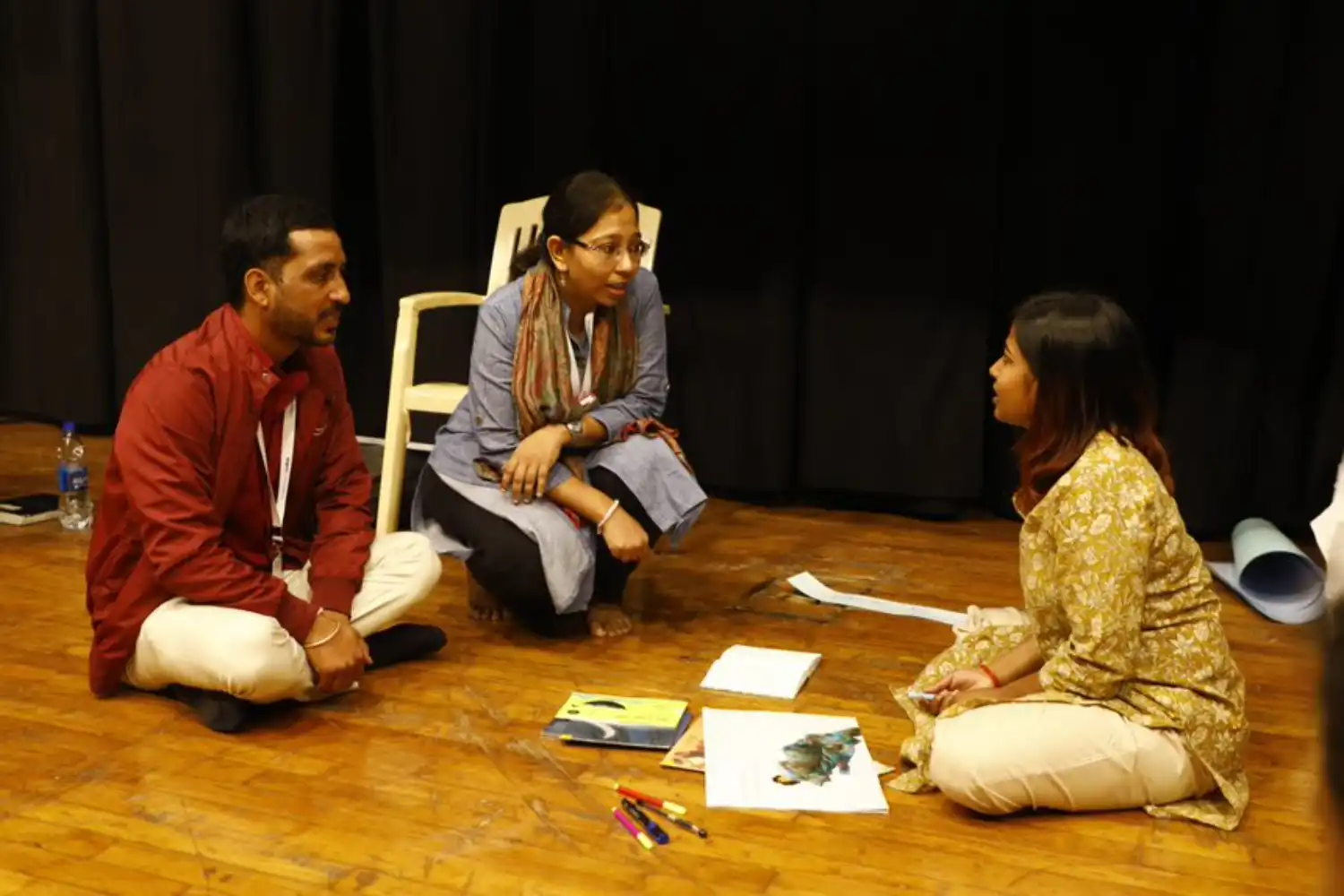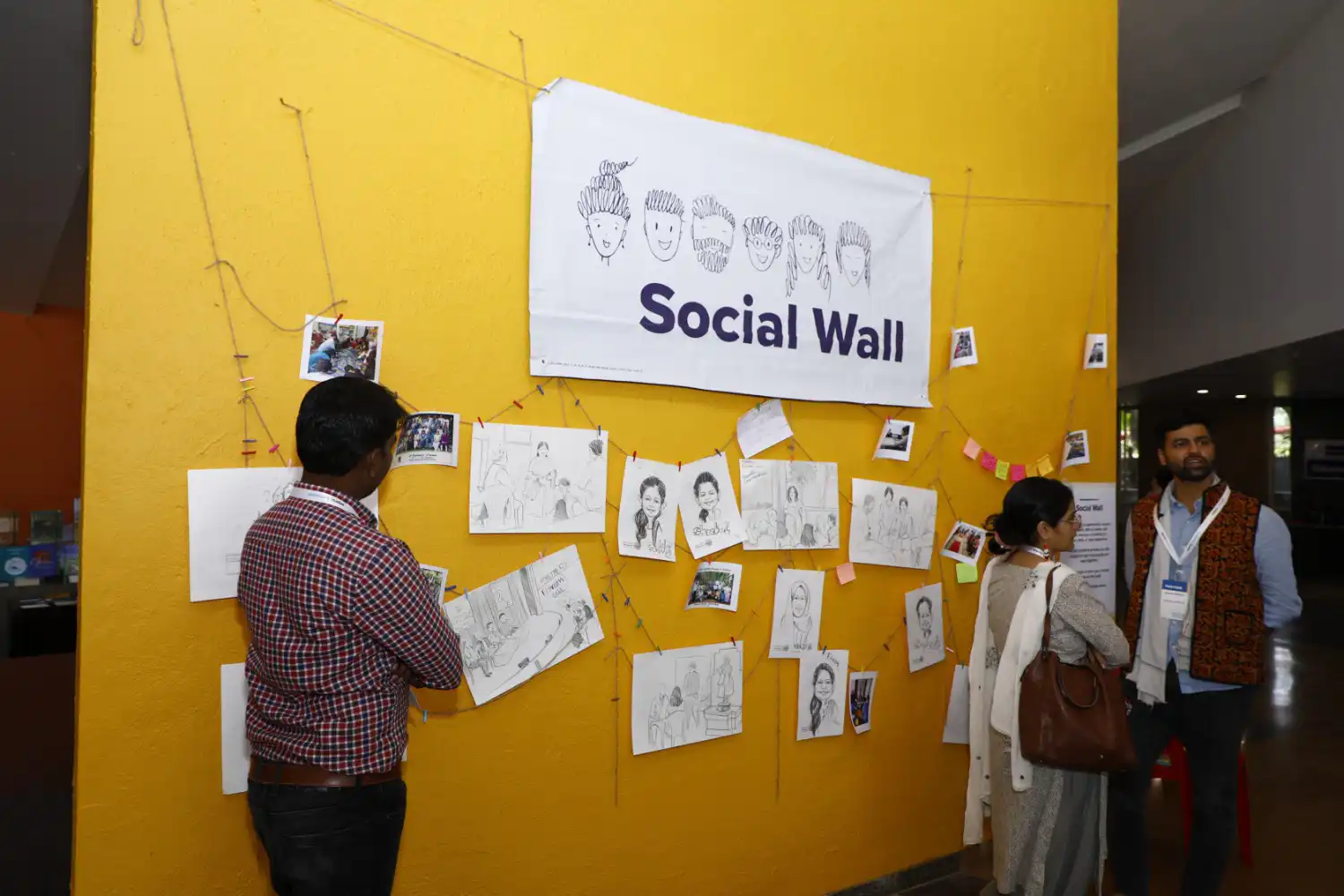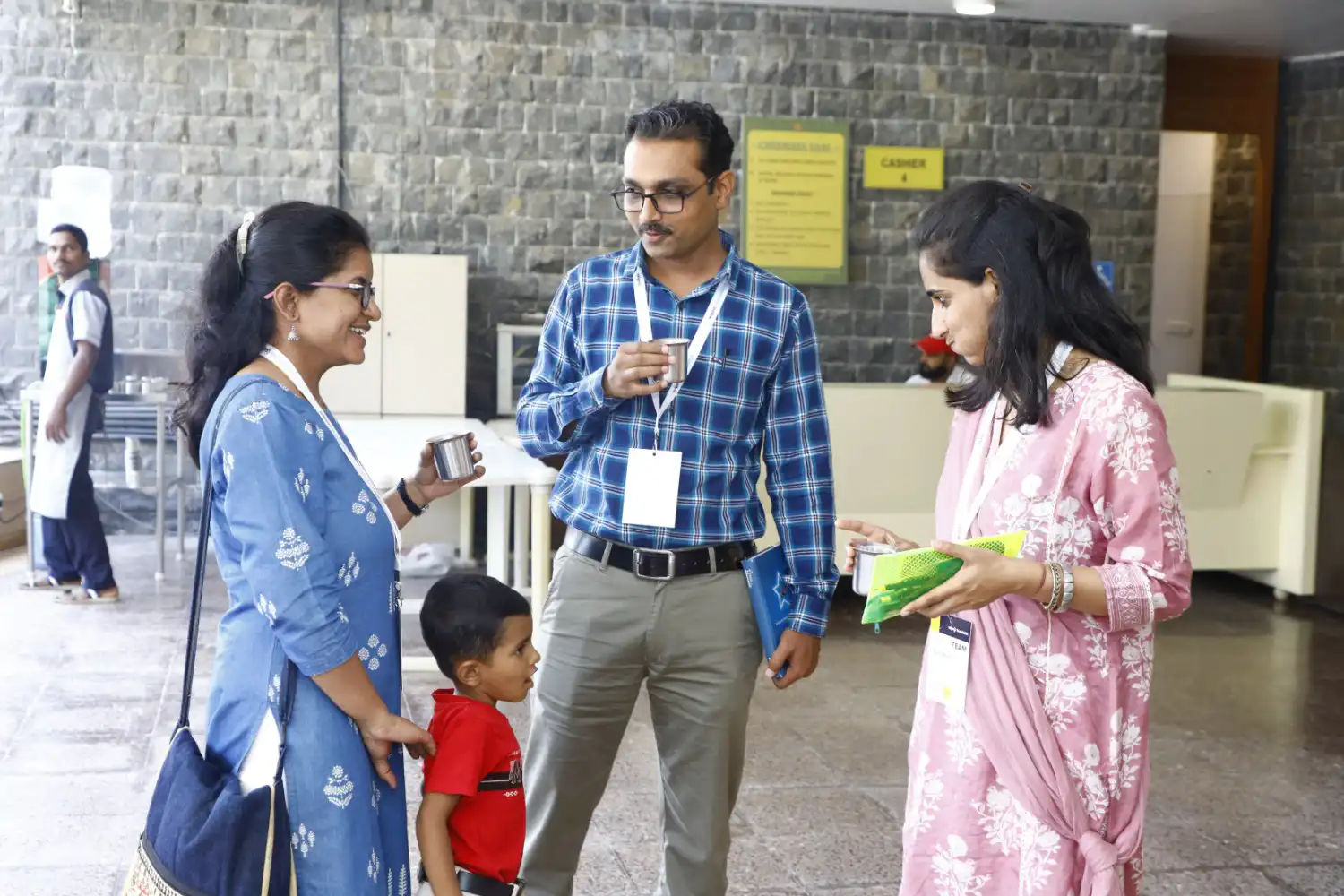Evolution of the education landscape over the last twenty years
The ‘Discussion’ section captures conversations and deliberations on topics like "Evolution of the Education Landscape over the Last Twenty Years," which will be of interest to all of us who work in the domains of education and development.

One of the conversations that was facilitated on the first day of the 20th edition of Partners’ Forum was on the topic ‘Evolution of the Education Landscape over the Last Twenty Years.’ For the purpose of this discussion, changes in the overall ecosystem, policy-level changes and systemic shifts were discussed.
This discussion was moderated by Sreekanth Sreedharan. Atanu Sain, Arvind Sardana and Ujjwal Bannerjee shared their insights and concerns on the topic.
The moderator and the speakers come from varied backgrounds. Over the years, they have concretely engaged with communities, teachers and policy-makers, among other stakeholders.
In this session all the speakers discussed the ramifications of policies for different stakeholders such as civil society, the state, corporate entities and communities. They focused on significant policies that have changed the education landscape.
Sharing by Arvind Sardana: Arvind briefly touched upon the genesis of the Hoshangabad Science Teaching Program (HSTP) to improve and develop innovative science teaching and learning at the school level.
He shared that despite building a proof of concept, the lack of political will may result in hampering the scaling of programs. There are often political possibilities that one may not visualize or understand, which could hamper one’s efforts. The Lok Jumbish initiative to universalize primary education in Rajasthan was supported by Swedish International Development Agency (SIDA). In 1998, in the wake of nuclear testing in Pokhran, SIDA withdrew support for the initiative. Arvind added that continuous persistence can help bring forth systemic changes.
In the last two decades, access to schools has exponentially increased. However, improving the quality of schools was neglected, which resulted in segregation. Children from well-to-do families began joining elite private schools. A majority of children from poor families enrolled in government and low-fee private schools.
Sharing by Atanu Sain: Atanu shared that in the 1990s, with economic liberalization, there were numerous changes in the education landscape. Globally, there was a focus on child rights and the universalization of primary education.
The launch of Sarva Shiksha Abhiyan (SSA) in 2001, the National Curriculum Framework in 2005, the Right to Education Act in 2009, and the Corporate Social Responsibility (CSR) amendments to the Companies Act in 2016 created spaces for non-profits to work with the government system.
Sharing by Ujjwal Bannerjee: Ujjwal gave an overview of policy developments in the last fifteen years. He discussed how these developments resulted in entities with varied worldviews impacting the education landscape. He shared how, through the Annual Status of Education Reports, the focus on the quality of education was brought forth.
The efforts of Government of Delhi in 2013 to bring in innovative practices with civil society collaborations in education were also encouraging. In 2016, the CSR amendments to the Companies Act ensured that a volume of funds of corporate entities was being allocated for development work.
Government of India has pledged to achieve Sustainable Development Goals (SDGs) of the United Nations by 2030. The Niti Aayog has been mandated to measure the progress toward those goals.
The New Education Policy and the amendments to the Foreign Contribution Regulation Act (FCRA) in 2020 also greatly impacted the education ecosystem. Ujjwal further added that the question of the presence or absence of political will remains unanswered.

Post-panel discussions: The initial discussion veered towards the need to create an inclusive education ecosystem that responds to the needs of the vulnerable groups of our society. Concerns about the growing presence of low-fee private schools with questionable quality catering to the poor were also voiced by participants and speakers.
A comment was made that the foray of private players into the education system must be carefully looked at. It emerged that decreasing state expenditure on education, and in particular for the implementation of the RTE Act, should be rigorously studied.




No approved comments yet. Be the first to comment!